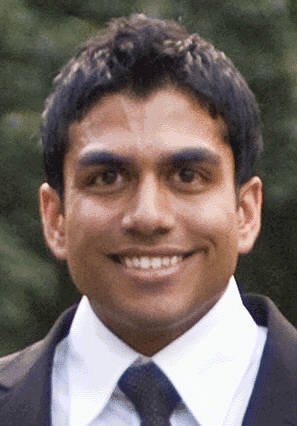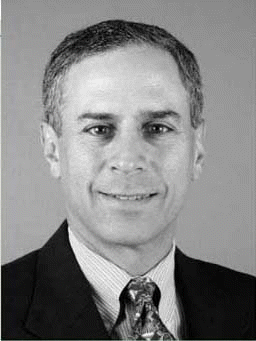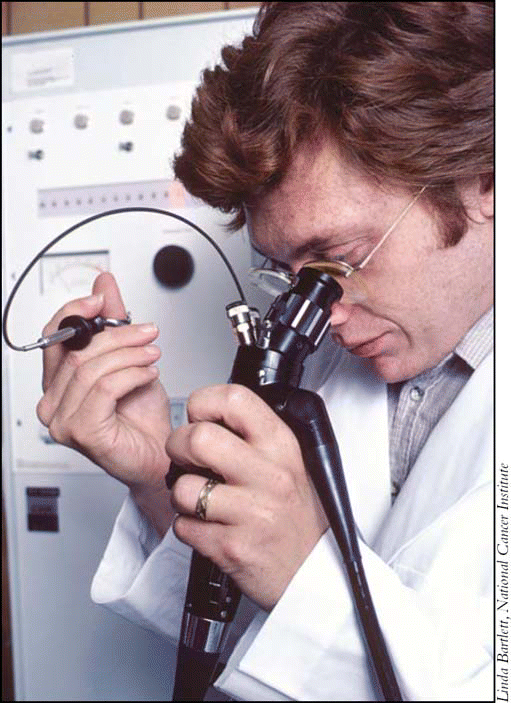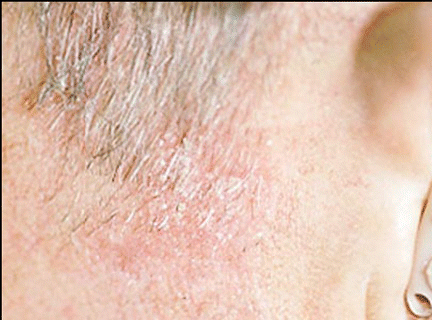A meta-analysis of the literature suggests that oncologic and voice quality results are similar if patients with early-stage glottic cancer are treated with either transoral laser surgery or external beam radiotherapy.


A meta-analysis of the literature suggests that oncologic and voice quality results are similar if patients with early-stage glottic cancer are treated with either transoral laser surgery or external beam radiotherapy.

Laser involution of early stage glottic cancer-with complete treatment of the malignancy weeks after the first session-appears to offer long-term control of the disease while preserving excellent voice function, researchers reported at the 88th annual meeting of the American Broncho-Esophagological Association (ABEA).

Every five years I make a list of the ten toughest problems in laryngology, said Jamie Koufman, MD, Director of the Voice Institute of New York.

During her presentation at the 2007 Combined Otolaryngology Spring Meeting in San Diego, Dana M. Hartl, MD, PhD, from the Department of Otolaryngology Head and Neck Surgery at the Institut Gustave Roussy in France, described her findings from a retrospective, bi-institutional study designed to review the results of a large series of patients with early glottic squamous cell carcinoma treated with curative intent by transoral laser resection.

When it comes to performing surgery for obstructive sleep apnea (OSA), there are a variety of procedures that can be done, but otolaryngologists sometimes have personal preferences, and preferences can affect everything from how diagnoses are made to the type of surgery performed, often with similar end results.

Survey of otologists reveals differences of opinion on treatment, surgery for otosclerosis with vertigo



Doctors who deal with head and neck surgery often are the ones to first diagnose and potentially treat a variety of facial lesions-and they are more and more often finding themselves dealing with lentigo maligna.